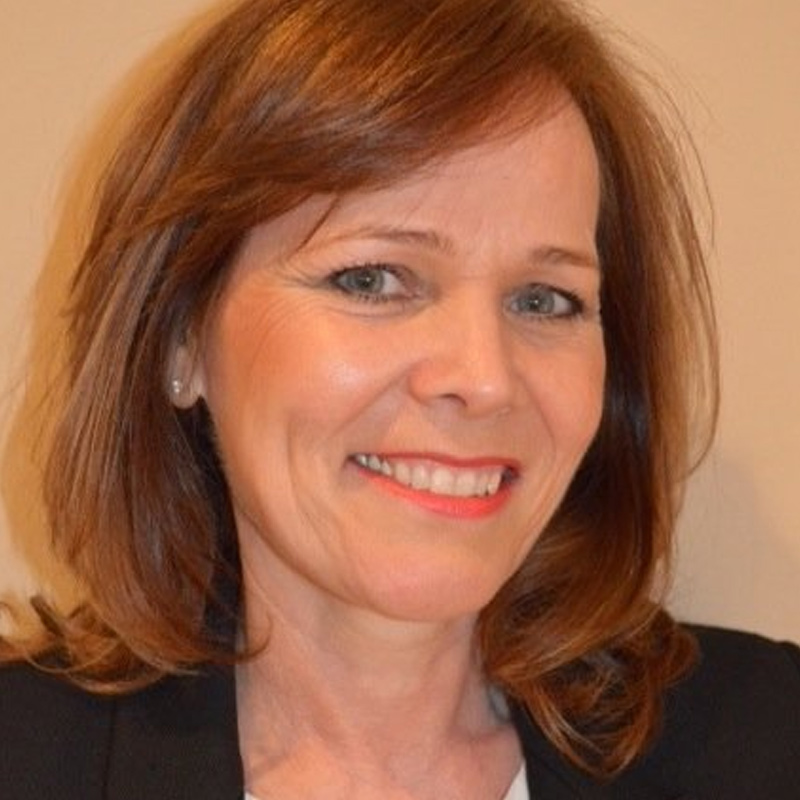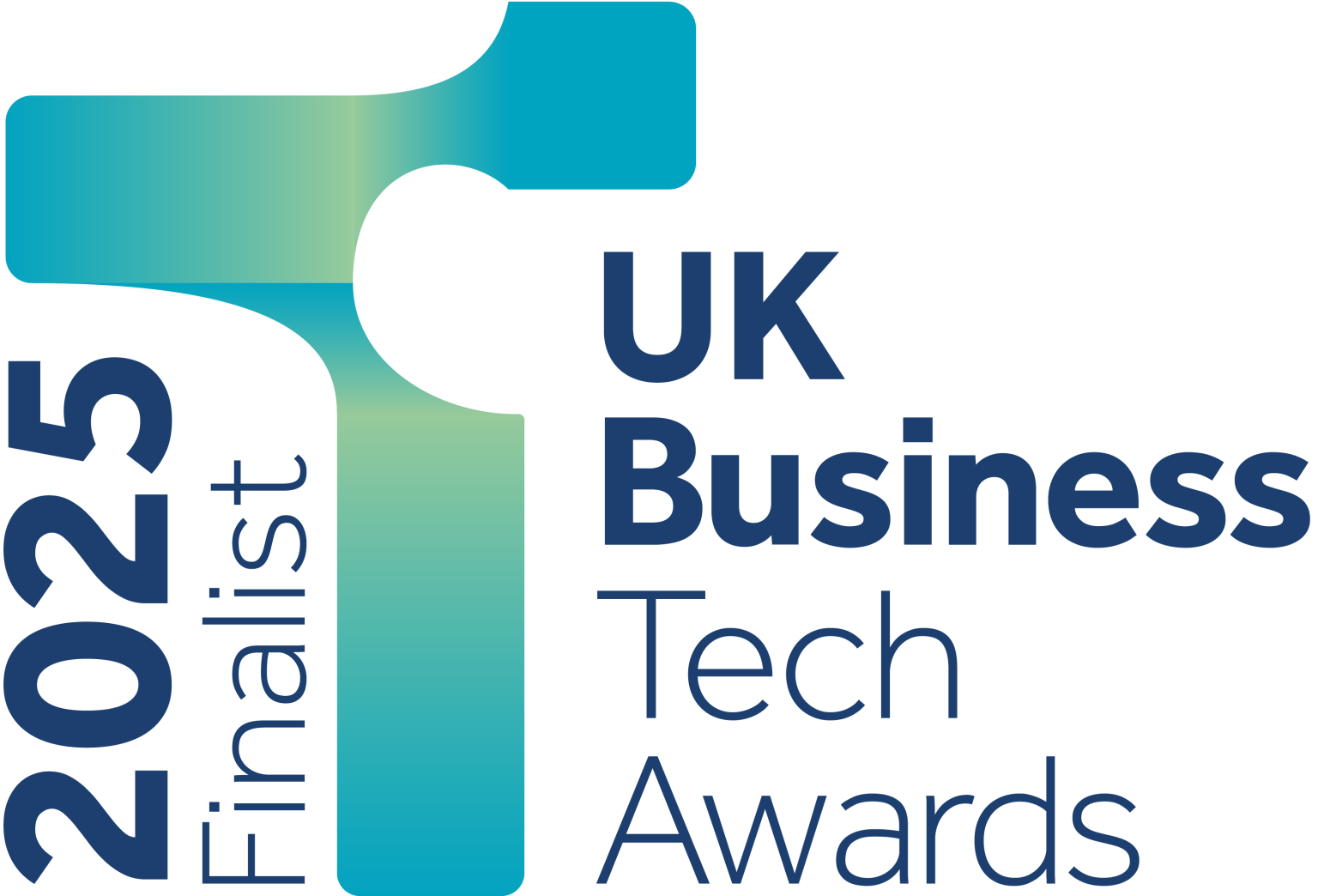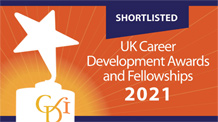CareerChat Webinar #7 – Why AI Experts Are Accidentally Misleading Educators: Most AI advice focuses on saving time. But is that enough?

Date and Time: 14th May 2025 from 16.45 – 18.00 (GMT)
Co-hosts: Dr Deirdre Hughes OBE and Chris Webb, CareerChat UK
To view the recording – click here
Presentation slides are available upon request – Email: [email protected]
Focus:
This webinar presents the latest AI developments impacting on education and shares some practical examples of how to use AI technology effectively in the classroom.
By the end of the session, participants will have:
– reflected on the potential of AI to support teachers and career development professionals in education settings to use digital tools effectively;
– considered strategies for success in engaging students and teachers to be more confident using AI; and
– explored the art of being playful in teaching and learning to make a positive impact on student outcomes.

Deirdre Hughes is a national and international careers specialist. She is the Founding Director of CareerChat (UK) Ltd., a technology start-up company pioneering artificial intelligence (AI) and large language models, including CiCi the careers chatbot – https://cicichat.co.uk/book-a-demo/ CareerChat (UK) was established in 2022 bringing together careers, employability practitioners, service manager, researchers and policymakers to consider #AllThingsAI in a career development context. Deirdre is an Associate Professor at the University of Warwick, Institute for Employment Research (IER), a legacy fellow of the Career Development Institute. She regularly hosts the dmh associates’ international webinar series.

Chris Webb is a Registered Career Development Professional, currently working in the Higher Education sector, with experience supporting the career development of students and graduates in school, college and university settings. A member of the Career Development Institute (CDI), AGCAS and the Careers Writers’ Association, Chris co-hosts the CDI’s fortnightly We Are Careers livestream, as well as publishing a popular weekly newsletter on LinkedIn, entitled #TheWeekInCareers.
Special Guest contributors:

Jack Dougall is a full-time secondary school teacher and founder of Ecmtutors, a global social enterprise providing free educational resources and peer tutoring for schools worldwide. Recognised as an expert by UNESCO, he has spoken at global policy forums on the transformative power of AI in education. Jack is an invited member of the OpenAI Forum, contributes to UNESCO’s policy panel on private tutoring, and is part of the AIEOU Group at Oxford University.
Jack explores how even well-meaning experts may be narrowing how educators see AI’s true potential in the classroom.
He delivers AI training for educational institutions, students, and businesses worldwide. In 2025, Jack is a confirmed presenter at ISTELive 25 in San Antonio, Texas, and AIDUCATION’25 in Bucharest, sharing his AI teaching strategies. Alongside his speaking engagements, he has written for various books and publications such as ISTE and the TES.

Laurie Stewart is the visionary founder of Mindless Academy, a future-focused education company on a mission to reimagine how we prepare the next generation for life and work in a digital world. At the intersection of personal growth, conscious education, and emerging technology, Laurie leads the development of virtual work experience programmes designed to embed employability, creativity, and purpose into the student journey.
With a background in storytelling, social impact, and startup innovation, Laurie is deeply passionate about exploring how generative AI can be used not just to save time, but to unlock imagination, elevate confidence, and enhance connection in learning. Through Mindless Academy, she has been experimenting with AI to co-create content, design transformative learning experiences, and empower students and graduates to harness AI as a creative collaborator in their personal and professional development. In this webinar, Laurie will share insights from her hands-on experience of using AI within an educational startup and reflect on how playful, purposeful AI adoption can inspire both educators and learners to think beyond automation—and towards amplification.






